The views expressed in our content reflect individual perspectives and do not represent the authoritative views of the Baha'i Faith.
Three years ago, I made my most recent visit to the Shrine of Baha’u’llah outside Akka, Israel.
I have warm, joyous memories of that visit. The overwhelming holiness of the atmosphere there, and the enchanting beauty of the surrounding gardens, set it apart as a truly distinctive place of worship.
Every year, thousands of Baha’is come from every corner of the world to pray at the permanent resting place for the earthly remains of Baha’u’llah, the prophet-founder of the Baha’i Faith. As I look back, I think my experience there taught me something not only about myself, and not only about the Baha’i community, but also about something on a lot of people’s minds today: the challenge of achieving social equality.
First, let me tell you about the place itself. On the shores of the Mediterranean Sea in Akka and Haifa, Israel, the Baha’i shrines and gardens are generally regarded as some of the most beautiful on earth. Besides the Baha’is, a great number of tourists and other visitors are attracted to the Shrine of Baha’u’llah. Anyone can visit, see portions of the gardens during the morning and early afternoon, and even briefly enter the Shrine itself with a guide. Such visits to the interior often make deep impressions on the hearts of visitors. After the area closes to the general public, the Shrine remains open into the evening to receive Baha’i worshippers.
The physical building of the Shrine of Baha’u’llah was not originally designed as a place of worship. Before it housed his earthly remains, it was once a family home. Six rooms open onto a communal center. It is easy to imagine the different rooms serving the ordinary functions common to any place of residence. Now though, its furnishings are as simple as they are refined. Nothing hangs on or stands against the clean white walls. Elegant Persian rugs cover the floors. Natural light floods in from the ceiling of the center room. The attention of everyone present gravitates towards the room at the northwest corner where Baha’u’llah’s remains are interred.
This is the qiblih, the physical spot Baha’is all over the world sometimes face when they pray. At the doorway to this room worshippers often bow their heads to the floor, but do not enter. A holy and consecrated atmosphere pervades the entire structure. At no point does one ever feel alone or isolated from others there. Everyone worships in a respectful state of silence, both profoundly interior and deeply communal. Each person enters and exits the Shrine at their individual discretion and prays according to his or her own preference and calling.
Though a bare minimum of words are ever exchanged inside the Shrine, people do communicate with each other silently through gestures and glances, usually for the mundane purpose of directing traffic. After all, it can get kind of crowded in there, because people are always coming and going.
Beneath that silent communication, I realized, a subtext prevails at the Shrine of Baha’u’llah–it recognizes everyone there as equals. This palpable feeling occurs to anyone who visits. Whether someone is a total stranger or one of the most respected Baha’is on the planet, each person is received with the same reverent courtesy as everyone else. Every interaction communicates an equality between them so sorely lacking in the world today, an equality described by Baha’u’llah’s forerunner, the Bab in these powerful words:
Become as true brethren in the one and indivisible religion of God, free from distinction, for verily God desireth that your hearts should become mirrors unto your brethren in the Faith, so that ye find yourselves reflected in them, and they in you. This is the true Path of God, the Almighty, and He is indeed watchful over your actions. – Selections from the Writings of the Bab, p. 56.
This brings me to the wider issue of social inequality. The manner in which worshippers relate to each other inside the Shrine of Baha’u’llah illustrates how spirituality can help break down the divisions that scar the human race and can build up a vision of all people as equal members of one global society.
Those concerned about social inequality typically discuss it in terms of factors that exist outside of a person rather than within. Advocates will make their case based on statistics that measure income and wealth, probability of being arrested and imprisoned, or levels of representation in positions of power and influence. These are all crucial, because a strong material dimension influences the challenges we face as a society. But the inner life of an individual is also an important space for championing equality. When an individual, against prevailing tides of racism, sexism, xenophobia and other systems of injustice, treats another soul with dignity, respect, and kindness, the light of equality shines through the gloom of oppression. The inner conditions that affect our perceptions of others shape the way we act and have a tangible influence upon the world around us.
That’s where I see the relevance of what happens every day in the Shrine of Baha’u’llah–equality towards others is a spiritual stance to take in the face of injustice.


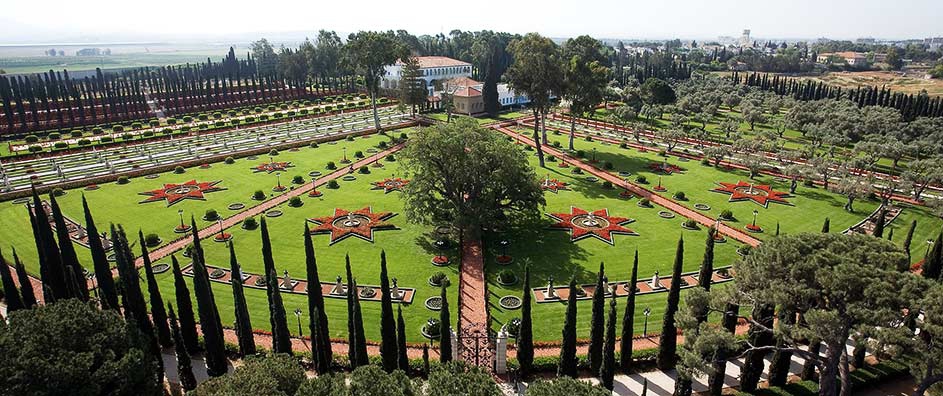
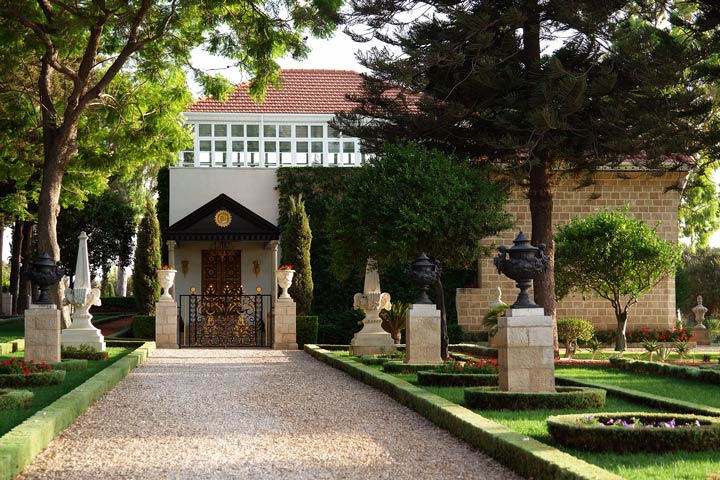

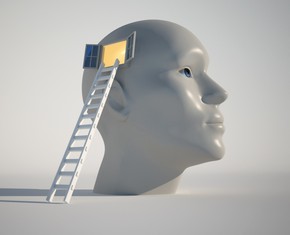
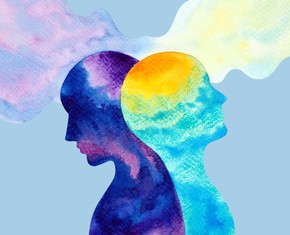
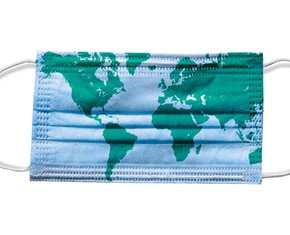









Comments
Sign in or create an account
Continue with Googleor